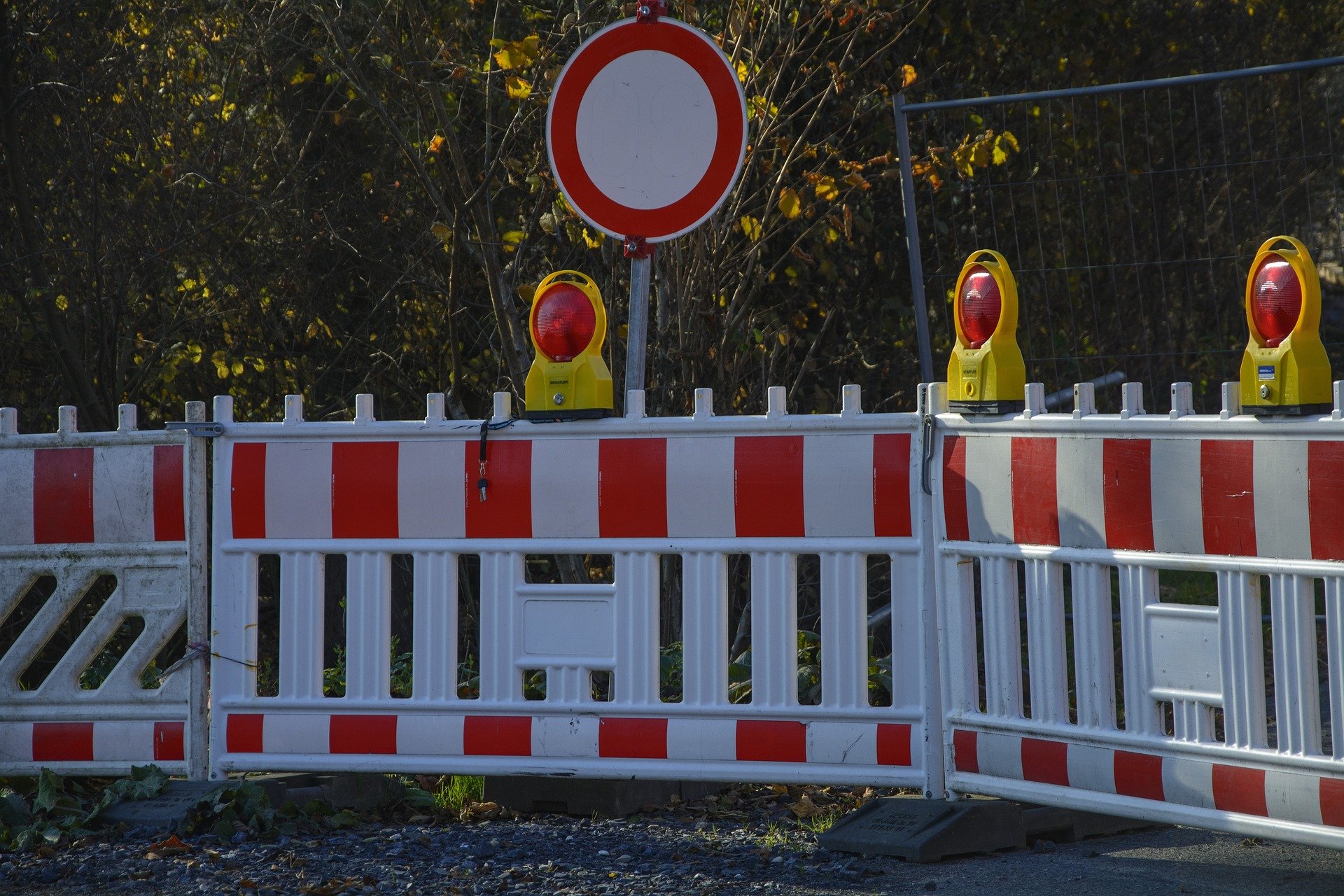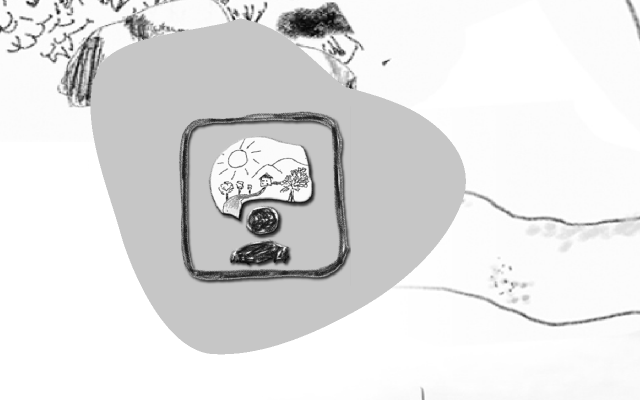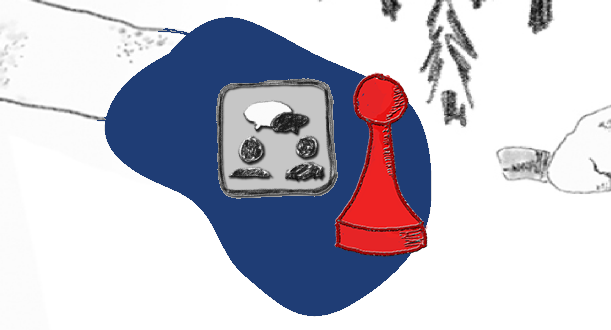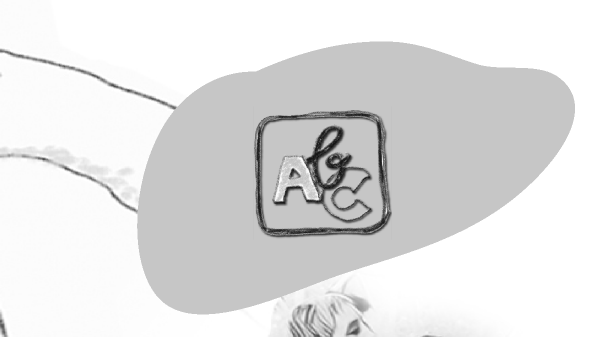Module - Civic education
Challenges, Opportunities & Prerequisites
Civic education empowers us to be well-informed, active citizens and gives us the opportunity to change the world around us. It should be accessible to everyone in order to build all together a cohesive society where everyone can grow and flourish. But sometimes access to civic education can be difficult for a variety of reasons.In this part of the module, we will introduce you to selected prerequisites that can affect access to civic education and individual learning success. It should be noted that these can also be relevant in other educational areas and not only for access to civic education.
In the meaning of a resource- and diversity-oriented approach, however, we do not want to understand the individual prerequisites of the learners as a problem but as a resource and stage them accordingly in the learning process - i.e. make them usable. Conversely, learners should become aware of their prerequisites and learn to assess and deal with them. Particularly in political education, this requires a high degree of sensitivity since the discourse here can be particularly shaped by individual prerequisites.
Learning Challenges

Special needs

People with special needs are individuals who suffer as a result of genetic or environmental factors from an inability to acquire learning, experience, skills and performance in
different domain that could be usually done by the normal healthy individual in the cultural, economic or social domains.
People with special needs are usually suffering from one or more disabilities in the different following categories that create to participation in the normal life.
- Physical: Loss of one part or more of the body parts that affect movement, or malfunction, such as paralysis.
- Sensory: Loss of sense or lack of sense, such as deafness and blindness.
- Mental: Loss of mind, or a shortage in it (Retardation).
- Psychic: With visible effects and disorders such as: OCD, Schism, Anxiety, PTSD, etc.
Migration Background

- migrated into their present country of residence.
- previously had a different nationality from their present country of residence.
- at least one of their parents previously entered their present country of residence as a migrant.
Social & Cultural background

One of the social obstacles that a person can face in a learning environment is peer pressure. Peer pressure can affect any aspect of someone's life, including their education.
People may be directly teased for being smart or earning good grades, leading to less effort or pride in their learning process.
On another level, cultural barriers include situations based on cultural factors that impede the functioning of educational programmes. These barriers are often very complex
and are based on the values and beliefs of groups of people.
Practical conditions

- accessibility of transport
- availability of time
- financial resources
- access to childcare
- access to elderly care
- access to information.
Emotion and Motivation

 |
 |
 |






























